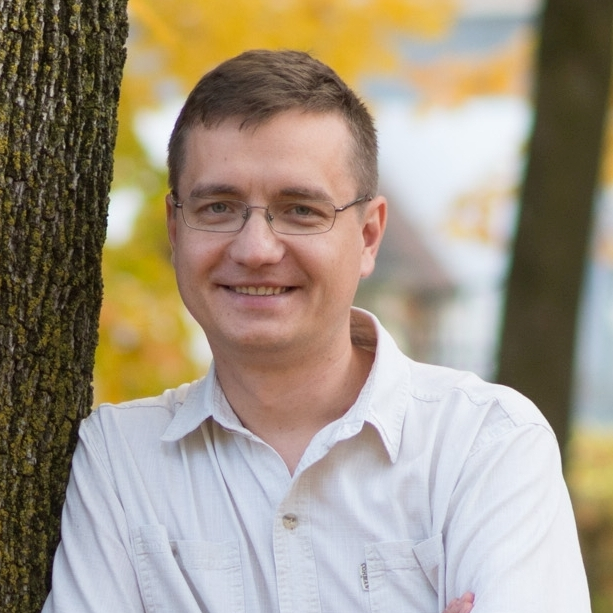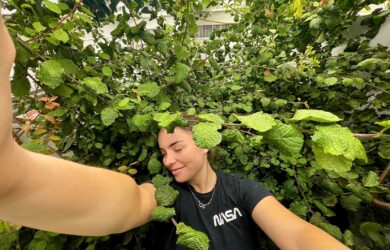
First Eastern European alumni forum to be held in Hungary on the topic of migration.
Gates Cambridge Alumni are holding their first Eastern European forum on the topic of migration in Europe in March.
The Forum on Migration, to be held at the Central European University in Budapest on 18th March, will discuss how Alumni and current scholars can assist refugee integration.
Those taking part include human rights activists Andrea Costa, from the Baobab centre, civil rights association that is the focal point on the assistance to the migrants in Rome; Barbara Capone, CEO at Sunshine4Palestine which provided off-grid electricity for the Jenin Charitable Hospital in Gaza, and is now starting a collaboration to provide fresh water to refugees in rural areas in south Syria, West Bank and Gaza; journalist Boroka Paraszka who has written a series of articles on life in the refugee camps at the Turkish border; and representatives from the NGOs MigHelp, which provides training courses for migrants in Hungary, and Menedék, the Hungarian Association for Migrants, which promotes the social integration of migrants to Hungary and supports Hungarians and other citizens emigrating from Hungary.
Gates Cambridge Alumni taking part include Dirk-Hinrich Haar [2006], who now works at the German federal police and will talk about the German situation with an emphasis on the work of the various government agencies involved.
Szilard Fejer [2005], organiser of the event, says: "We hope this event will offer a stimulating discussion about this issue among Gates scholars/alumni and people dealing with migrants on the ground and will showcase the different ways people are helping to ease the situation for refugees, sparking new ideas and possible collaborations."
The event will also be available as a webcast for those who cannot attend. Those interested in attending should click here.
Picture credit: Budapest courtesy of Wiki Commons.
Dirk-Hinrich Haar
- Alumni
- Germany
- 2005 MPhil MPhil Criminology
2006 PhD Criminology - Selwyn College

Szilard Fejer
- Alumni
- Romania
- 2005 PhD Chemistry
- Downing College
Computational chemistry is becoming a more and more powerful tool for chemists as time goes by. One "mystery" of particular interest, which can be very well investigated with the help of computational chemistry, is how certain systems can self-assemble into well-defined structures. My years spent in Cambridge (in the group of Prof. David Wales) helped open up a whole new research direction involving modelling the self-assembly of complex structures from anisotropic building blocks. My current project is about how we can design building blocks capable of multi-level hierarchical self-assembly. My small research institute is slowly expanding through state- and EU-funded research projects, and our long term aim is to become internationally relevant players in the field of nano- and biotechnology.As of 2018, I am also the European Director of Membership for GCAA, so feel free to get in touch with me with any ideas you might have which would contribute to strengthening the alumni community!
Previous Education
University of Szeged, Hungary Chemistry MSc 2005












